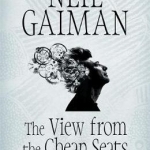
The View from the Cheap Seats: Selected Nonfiction
Book
The View from the Cheap Seats draws together myriad non-fiction writing by international phenomenon...
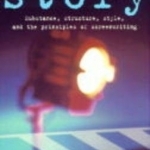
Story: Substance, Structure, Style and the Principles of Screenwriting
Book
Structure is Character. Characters are what they do. Story events impact the characters and the...
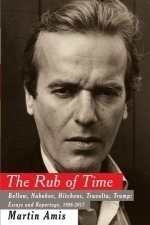
The Rub of Time: Bellow, Nabokov, Hitchens, Travolta, Trump. Essays and Reportage, 1986-2016
Book
Of all the great novelists writing today, none shows the same gift as Martin Amis for writing...
The Hidden Mind
Book
When psychologists try to understand the way our mind works, they frequently come to a conclusion...
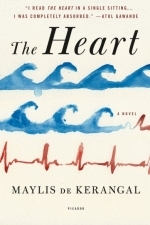
The Heart: A Novel
Book
Winner of the Wellcome Book Prize and the French-American Foundation Translation Prize Just...
Medicine Non-fiction

Consider the Lobster
Book
Do lobsters feel pain? Did Franz Kafka have a sick sense of humour? What is John Updike's deal...
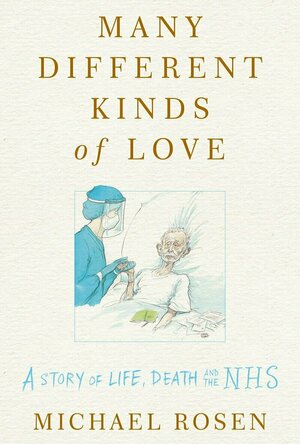
Many Different Kinds of Love: A Story of Life, Death and The NHS
Book
Michael Rosen wasn’t feeling well. Soon he was struggling to breathe, and then he was admitted to...
Poetry Non-Fiction Memoir
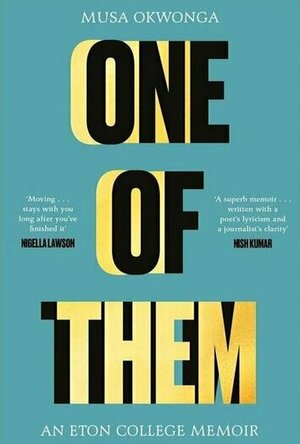
One of Them
Book
Musa Okwonga – a young Black man who grew up in a predominantly working-class town – was not...
Non fiction Memoir
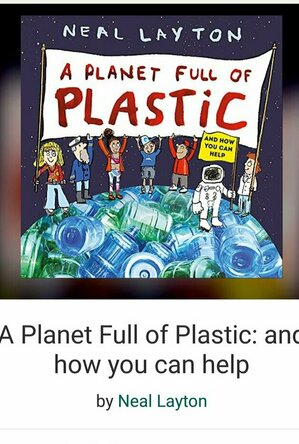
A Planet Full of Plastic and How You Can Help
Book
Everything is made of stuff. Some things are made of paper, like this book. And some things are made...
Plastic Pollution Eco
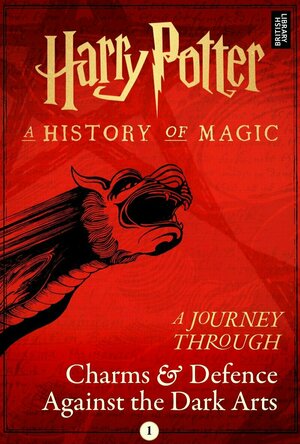
Harry Potter: A Journey Through Charms and Defence Against the Dark Arts
Book
The history of magic is as long as time and as wide as the world. In every culture, in every age, in...
